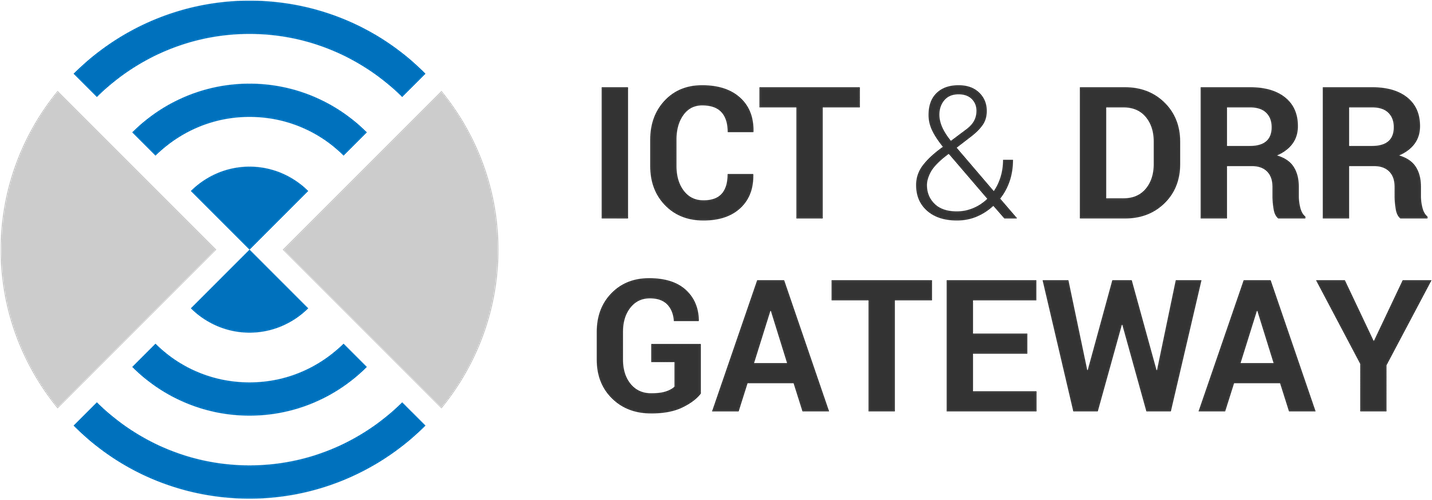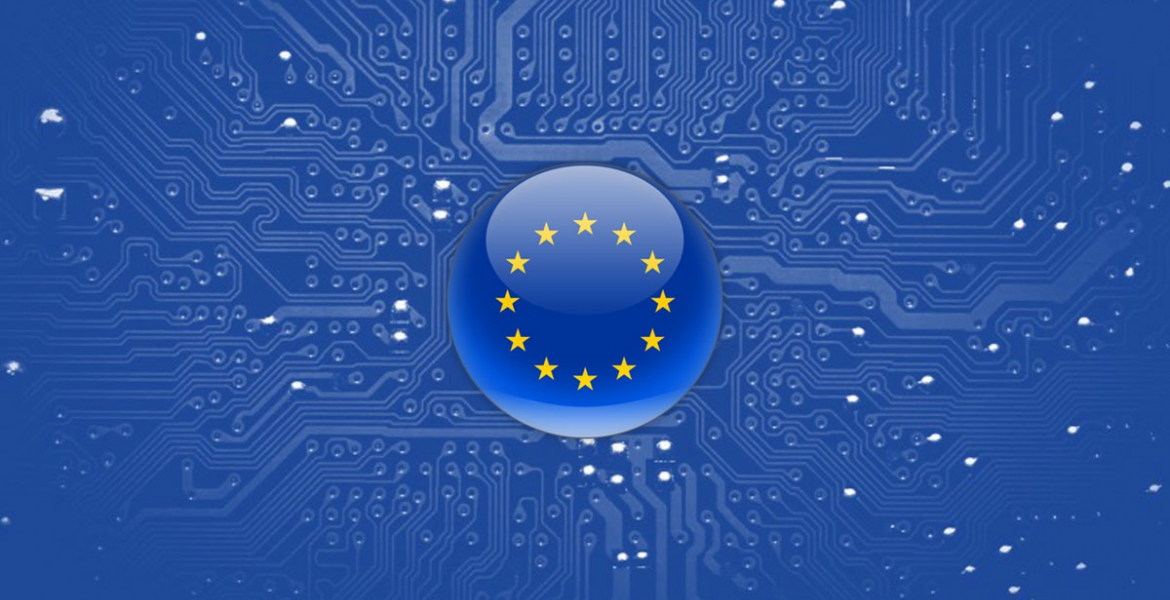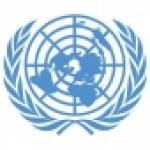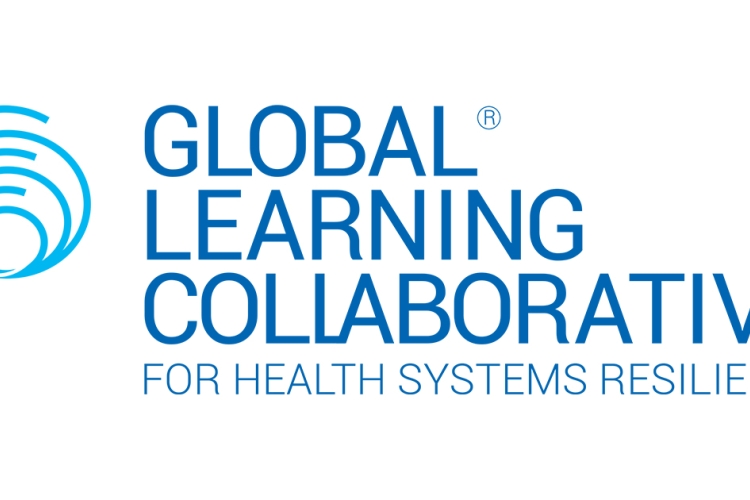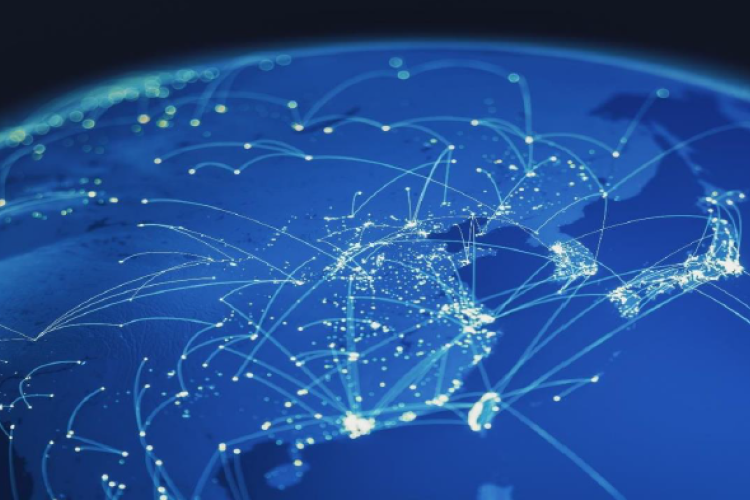Europe's Digital Economy and Society Index
The Digital Economy and Society Index (DESI) is developed by the European Commission to measure the progress of European Union (EU) countries towards a digital economy and society. DESI ranks countries by five dimensions:
- Connectivity: measures the deployment of broadband infrastructure and its quality. Access to fast broadband-enabled services is a necessary condition for competitiveness.
- Human Capital: measures the skills needed to take advantage of the possibilities offered by a digital society. Such skills go from basic user skills that enable individuals to interact online and consume digital goods and services, to advanced skills that empower the workforce to take advantage of technology for enhanced productivity and economic growth.
- Use of Internet: accounts for the variety of activities performed by citizens already online. Such activities range from consumption of online content (videos, music, games, etc.) to modern communication activities or online shopping and banking.
- Integration of Digital Technology by Businesses: measures the digitisation of businesses and their exploitation of the online sales channel. By adopting digital technology businesses can enhance efficiency, reduce costs and better engage customers, collaborators and business partners. Furthermore, the Internet as a sales outlet offers access to wider markets and potential for growth.
- Digital Public Services: measures the digitisation of public services, focusing on e-government. Modernisation and digitisation of public services can lead to efficiency gains for the public administration, citizens and businesses alike as well as to the delivery of better services for the citizen.
The 2017 DESI revealed that Denmark, Finland, Sweden and the Netherlands have the most advanced digital economies in the EU followed by Luxembourg, Belgium, the UK and Ireland. Romania, Bulgaria, Greece and Italy have the lowest scores on the DESI.

